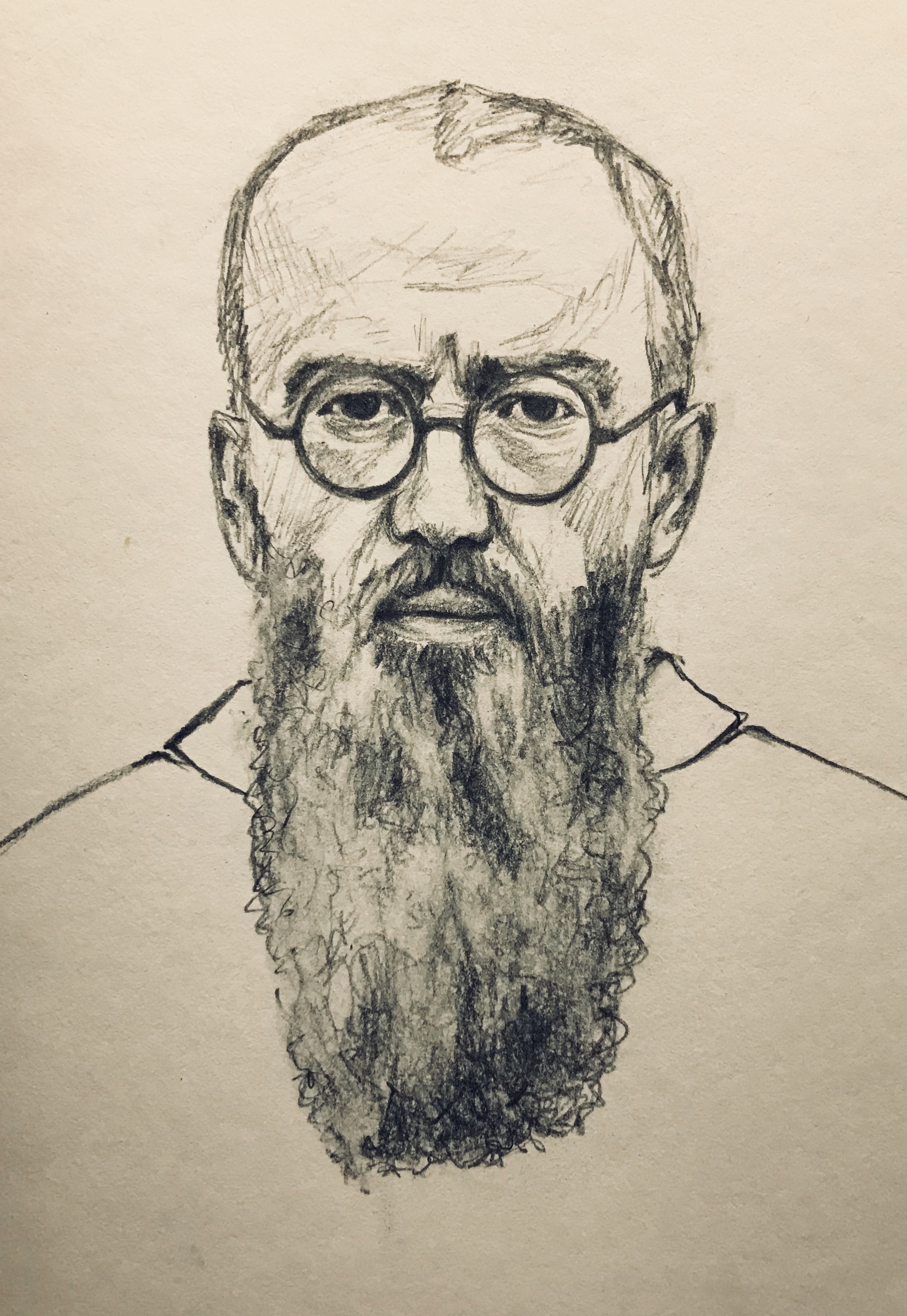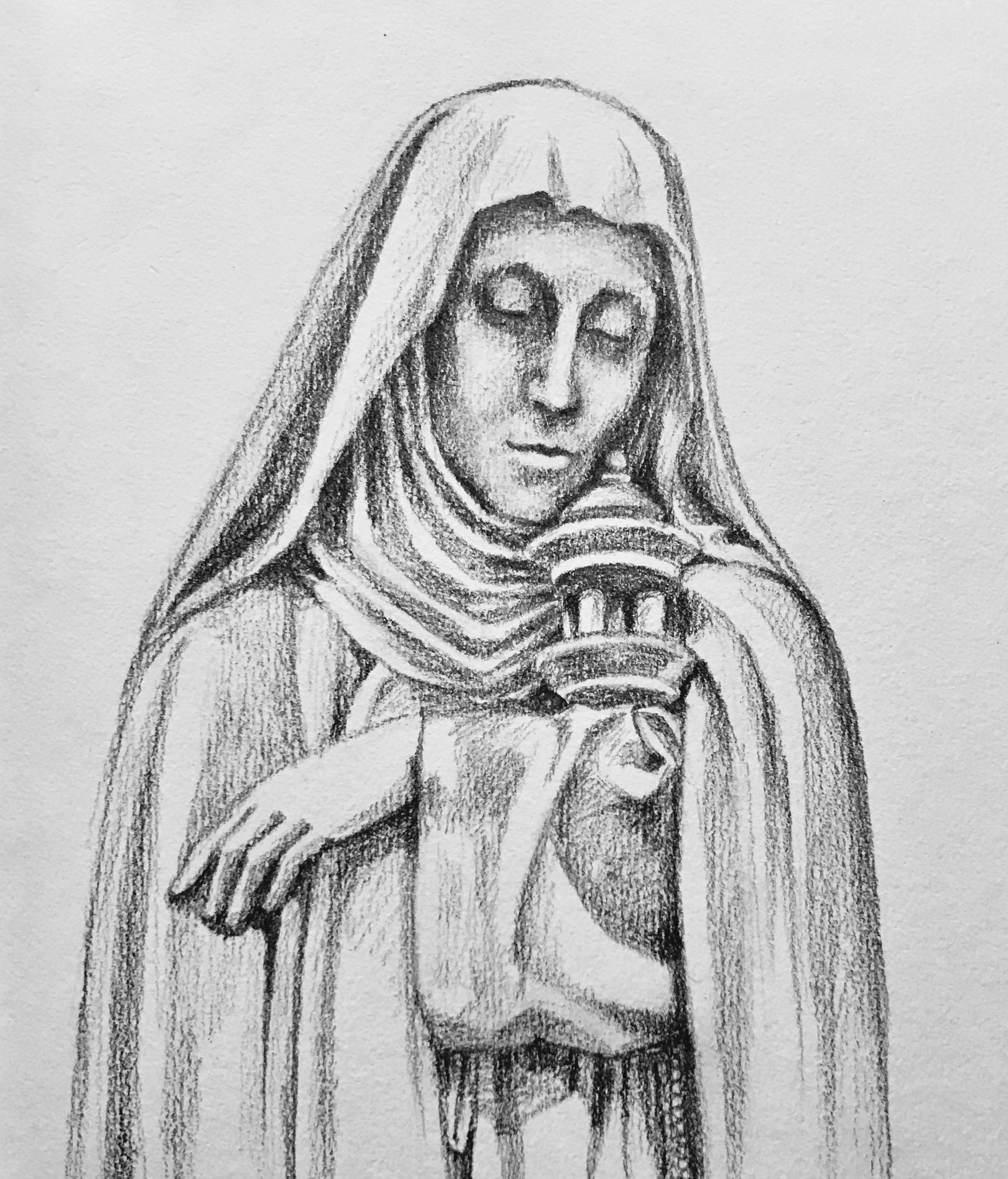
Saint Maximilian Kolbe is a tremendous example of how God’s grace can move us to acts of love for our brothers. With all the extraordinary things Fr. Kolbe did during his life – his extraordinary leadership, the extraordinary impact he had on the Catholic world in a terrible moment of persecution, spreading the devotion to the Immaculata, etc – he was still able to see the true value of his life. He did not consider himself more important or more deserving to remain alive than any of the other prisoners in Auschwitz. With all the wonderful things he had accomplished, and all the wonderful works he could still do for the Lord, God’s grace permitted him to see that the ultimate value of his life was only to be found in laying it down for someone else.


